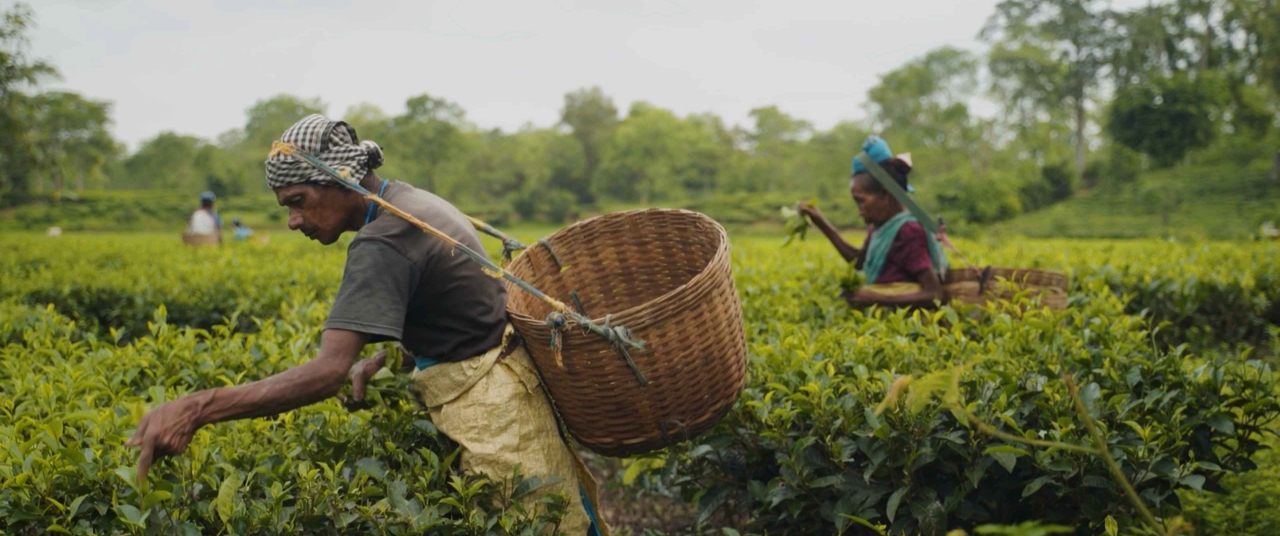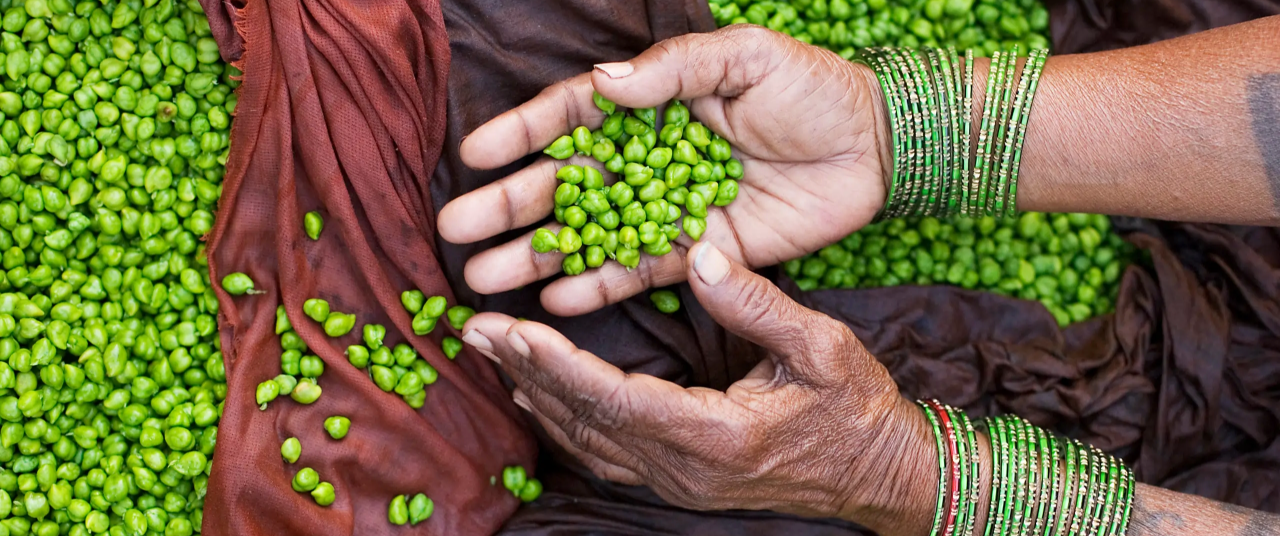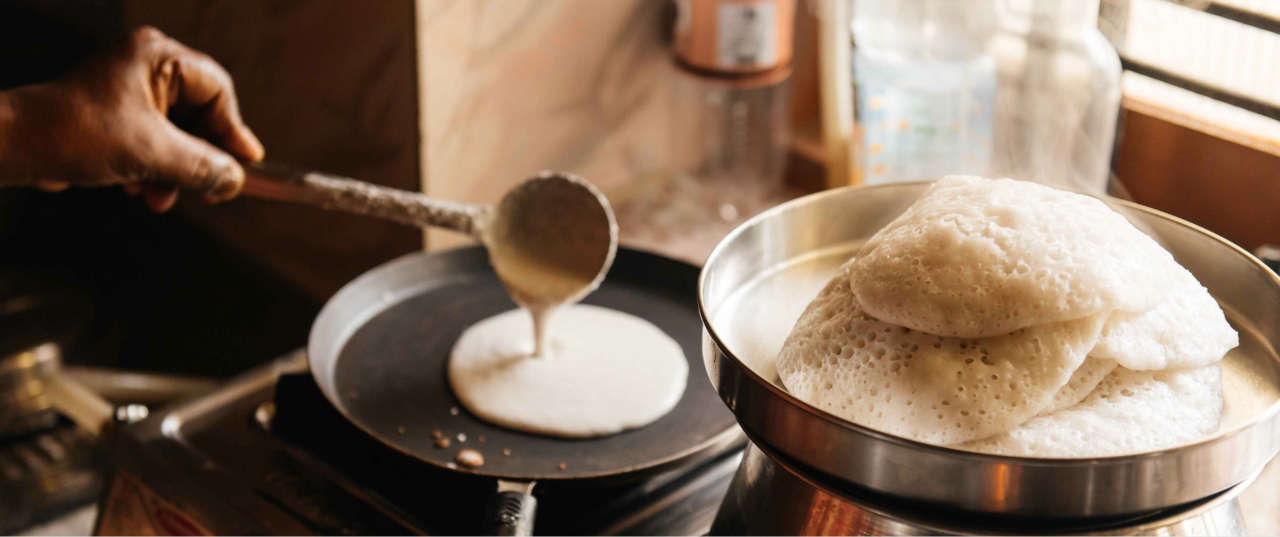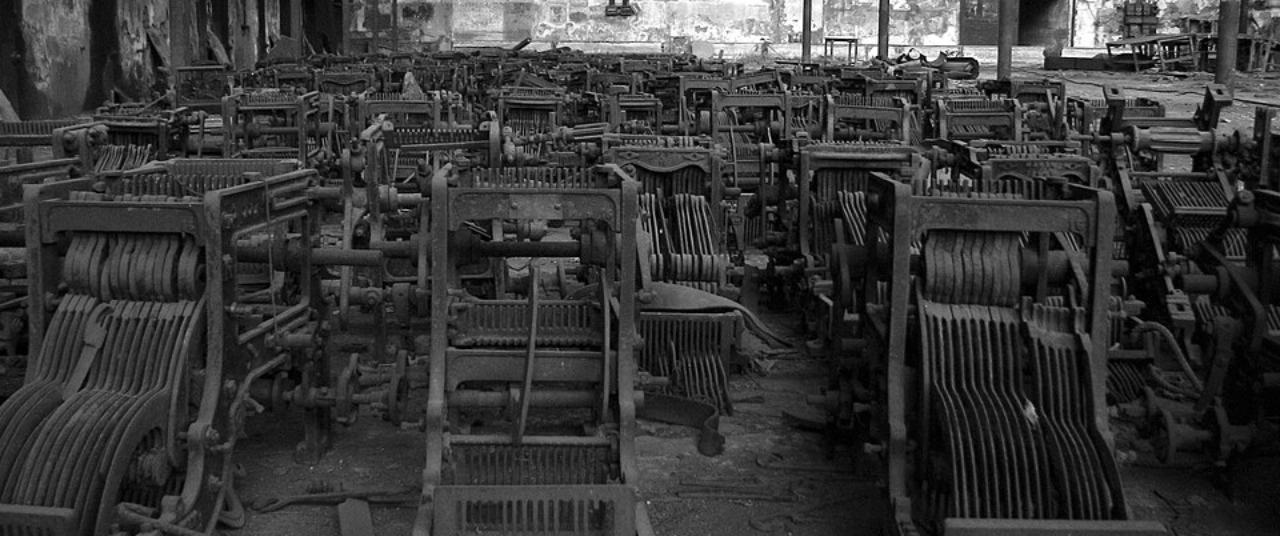Migrant labourers like Om Prakash risk everything to survive






Om Prakash and Premkali, landless workers in the dalit hamlet of Mohatra (Banda district, Uttar Pradesh) were becoming increasingly tense as food stocks dwindled rapidly and moneylenders harassed them for repaying loans. Their biggest worry was how to feed their three young children.
Like many other Dalits in their village and nearby areas, they accepted an advance from a labour contractor and ended up working at a distant brick kiln in Gwalior, bringing their children along.
%2520(1).avif)
At the brick kiln, Prakash and Kali worked tirelessly, but things took a turn when Prakash fell ill. As his condition worsened, the owner told the whole family to leave immediately. In the scorching heat of May, Premkali somehow managed to get a rickshaw to take all five of them to the Gwalior railway station, but Om Prakash died on the way. On finding her crying uncontrollably, some railway and police officials arranged for them to be sent to their village with the dead body.
Now back in the village, Premkali has no idea how she'll raise her children. All the families there are landless, with limited employment opportunities locally – and even those pay very little. As a result, many are forced to migrate to distant places, often facing unsafe and exploitative working conditions.

Worker’s plight
Delhi is a major destination for migrant workers. At various labour chowks, workers gather to find daily wage jobs. Talking to some of them, I learned that newer migrants often live together in rented rooms and don't have access to subsidised food or other benefits available to most city residents. When I asked why they have not made use of the government's recent decision to make village ration cards operational in cities too, they said that this may exist on paper, but ration dealers do not accept this.
.avif)
Things got worse for these migrant workers when the lockdown was announced during the pandemic. With no food reserves and no money for rent, they were forced to walk hundreds of miles back to their villages.
Pappu from Naugawa said he walked about 800 km from Surat to his village in Banda district. He reached here in 26 days, then spent another 15 miserable days in quarantine. Bhaiyaram Lakshman, from the same village, walked from Hyderabad but managed to get some lifts along the way, reaching home in 15 days with swollen, blistered feet. Karim Chacha said his four sons, who worked in Hyderabad, walked the entire way back to the village. During quarantine, these workers had to be fed by their families, even though their families were already struggling with hunger themselves.
.avif)
Community support
In Bhanwarpur village, Butu broke down as he talked about the struggles his three sons faced walking all the way from Delhi with a larger group. I also met some families, including young children, who had walked about 500 km from Delhi, occasionally getting lifts along the way.
.avif)
Their hardships were eased somewhat by food and other supplies provided by a voluntary group, Vidyadham Samiti (VDS). This organisation also helped some of the migrant workers return to farming their small, neglected plots. In an inspiring effort, around 50 Dalits from Bhanwarpur, including many women, formed a committee to partially revive a small river, improving farming opportunities and increasing crop yields.
While supporting these efforts, VDS has also called for better implementation of rural employment programs under NREGA, so that even landless workers have better chances of survival in their villages.
As Raja Bhaiya, the coordinator of VDS, says, "Migration will still happen, but we can work to make sure people aren't so helpless that they have to accept any kind of exploitation. With better farming, kitchen gardens, land for the landless, water conservation, and improved implementation of NREGA and other government programs, we should ensure that people won't go hungry, even if they stay in their village. This will improve their terms even when they go out for work."
Forced migration
In other words, workers shouldn't be forced to migrate due to poverty and hunger, which pushes them into accepting exploitative conditions. But right now, many villages face this harsh reality. One particularly heartbreaking story I heard during a drought was about a woman who didn't want to leave with her husband because their young daughter was very sick. However, her husband convinced her, saying they had to go or they'd have no food. She reluctantly agreed, holding her baby close. Sadly, just a few miles into their bus journey, the baby passed away, and the couple had to return to arrange the funeral.
Extreme hunger and deprivation, worsened by frequent droughts, hailstorms, floods, and other disasters linked to climate change, must be addressed. To fix this, we need programs focused on justice and equality. Unfortunately, land reforms and distributing land to the landless have been almost forgotten. There's plenty of land that could be given to the landless simply by removing illegal encroachments by powerful people, but this has been ignored. In addition, of course, protection measures for migrant workers should be better implemented.
Worker protection
At a recent meeting of Chingari, a leading women's organisation in Banda district and nearby areas, women from poor rural households strongly demanded that the local labour department register all outgoing workers. They called for a system that helps workers facing exploitation or bondage in distant places by providing assistance, including rescue operations. Helplines and similar services could be set up, as they have in some areas. Although several laws and policies already exist to protect migrant workers, they haven't been properly enforced.
An overlooked issue is the elderly parents or grandparents left behind in villages, often without enough food or basic necessities. In some cases, children are also left behind to live in difficult conditions with elderly relatives who are unable to care for them properly.
The situation for children who travel with their parents to work sites like brick kilns can be extremely harsh, especially for girls who are more vulnerable to sexual exploitation. In one tragic case I reported, a teenage girl had migrated with her mother and brother. When her employer attempted to molest her, her brother stepped in to defend her and was killed. The girl was so traumatised that she would faint whenever the incident was discussed. Despite several efforts to seek justice, nothing had been achieved by the time of reporting.
Incidents like this emphasise the urgent need for widespread justice and development programs in villages where workers are at risk of falling into exploitative migrant labour. Providing land to the poorest families, helping them cultivate it, and ensuring better implementation of NREGA and other government programs are essential steps to prevent such tragedies.
Explore other topics
References


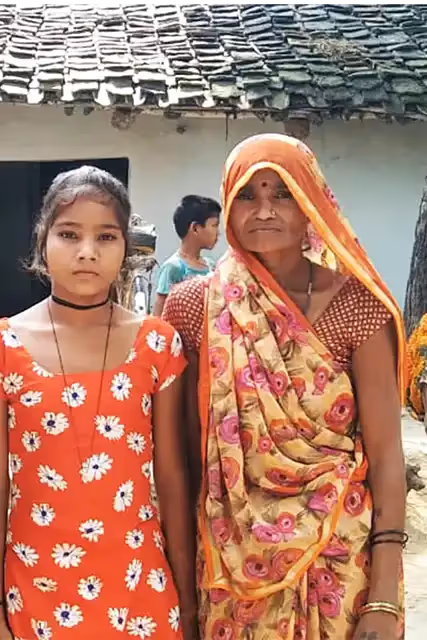

.avif)


